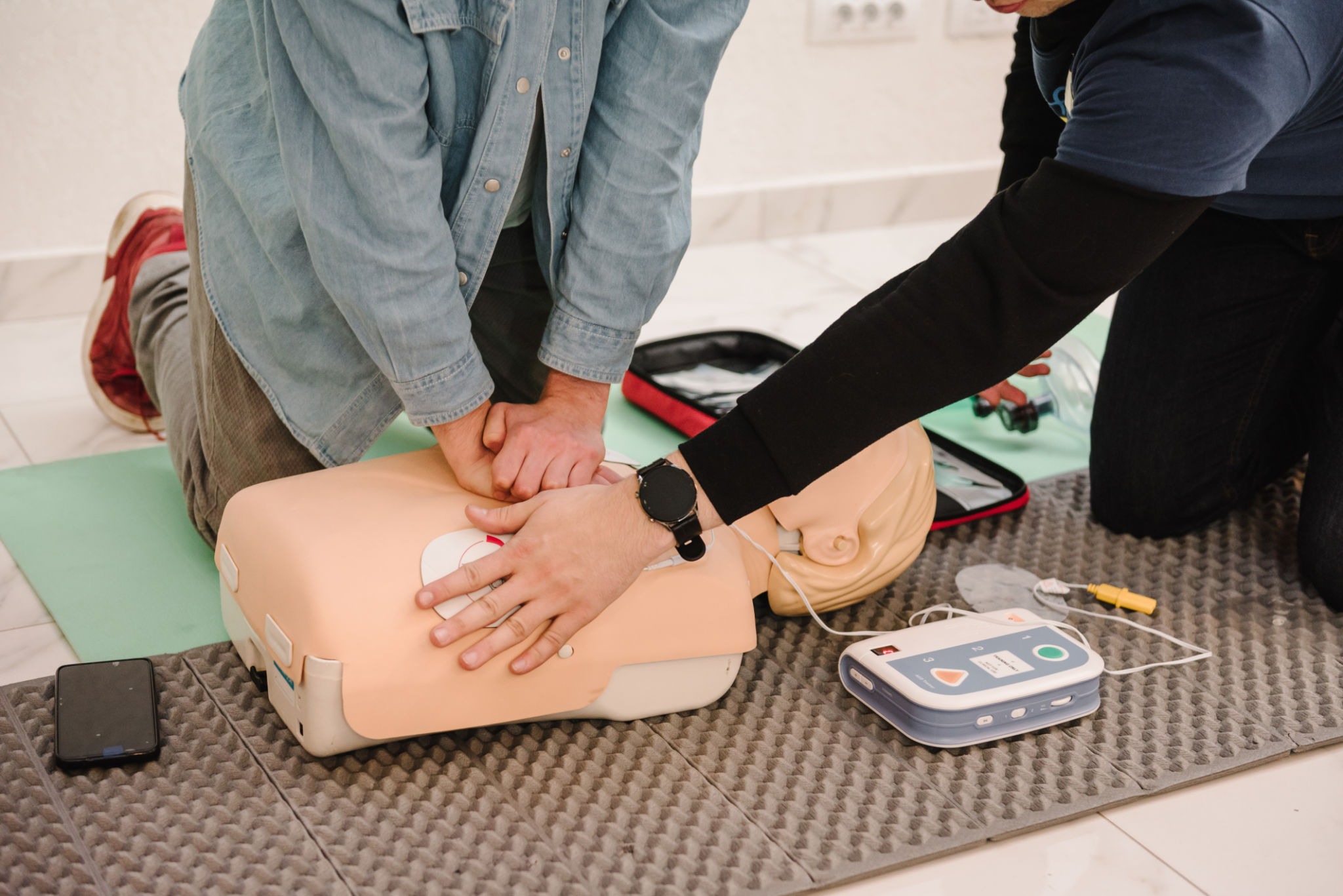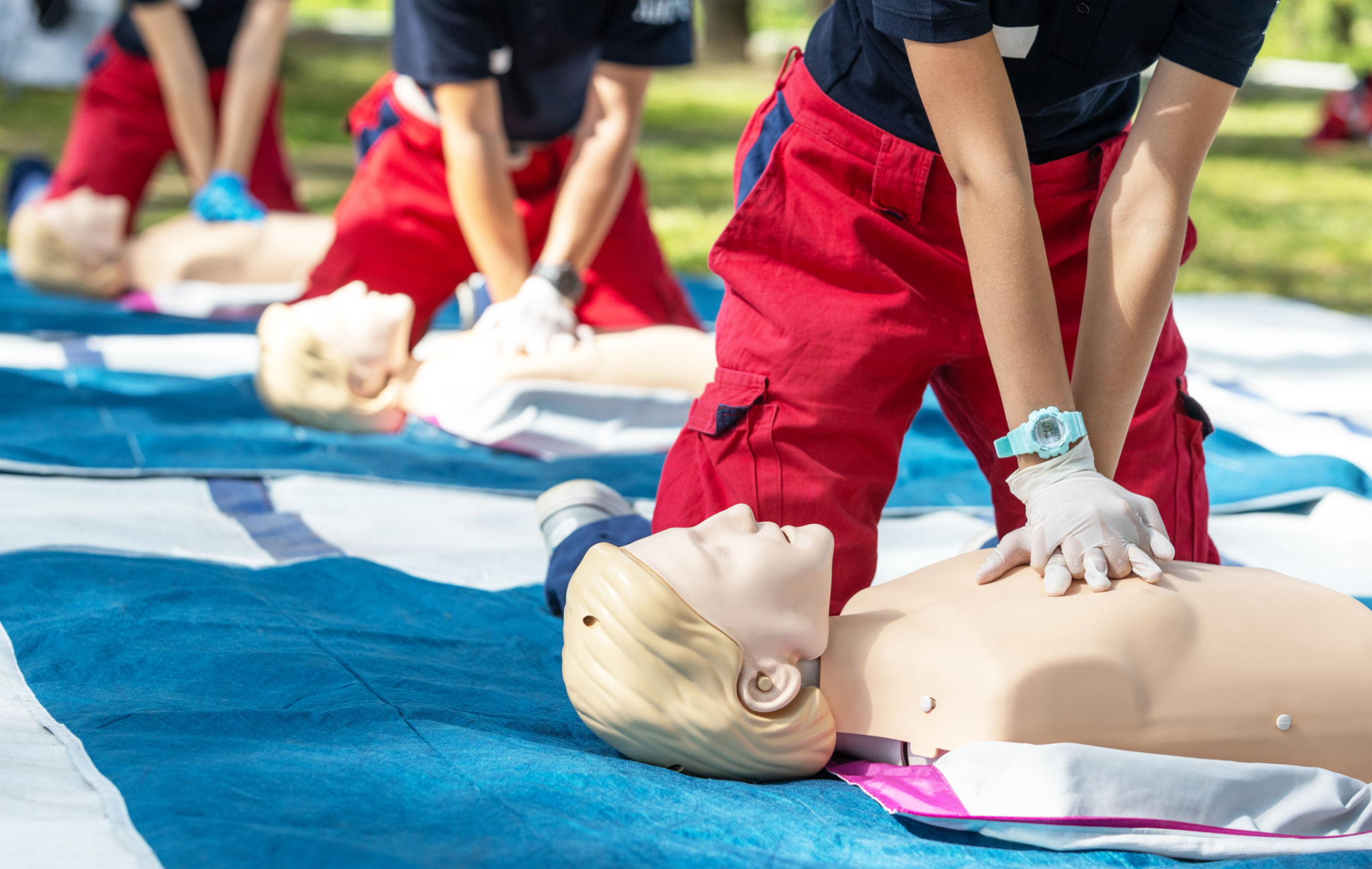How to Choose the Best CPR Course in Kansas: A Buyer's Guide
Understanding the Importance of CPR Certification
Cardiopulmonary resuscitation (CPR) is a vital skill that can save lives in emergency situations. Whether you're a healthcare professional or a concerned citizen, obtaining CPR certification is a valuable asset. When choosing a CPR course in Kansas, several factors can influence your decision, including the course content, instructor qualifications, and certification validity.

Types of CPR Courses Available
Before enrolling in a CPR course, it's essential to know the different types available. The most common courses include:
- Basic Life Support (BLS): Typically aimed at healthcare professionals, this course covers high-performance CPR, team dynamics, and the use of automated external defibrillators (AEDs).
- Heartsaver CPR AED: Designed for the general public, this course focuses on CPR and AED use for adults, children, and infants.
- Pediatric First Aid/CPR AED: Tailored for those working with children, this course includes child and infant CPR alongside basic first aid.
Evaluating Course Content and Structure
When selecting a CPR course, ensure it covers comprehensive material that is relevant to your needs. Look for courses that offer hands-on practice and scenarios that reflect real-life situations. Additionally, check if the course aligns with the latest guidelines from recognized bodies like the American Heart Association or the Red Cross.

Instructor Qualifications and Experience
The effectiveness of a CPR class heavily depends on the instructor's qualifications and teaching style. Instructors should have relevant certifications and practical experience in emergency response. Consider seeking reviews or testimonials about the instructor's ability to engage and educate participants effectively.
Certification Validity and Renewal
CPR certifications typically last for two years before requiring renewal. It’s important to understand the renewal process and any additional training that may be necessary to maintain certification. Verify that the course you choose offers a valid certification recognized by employers or regulatory bodies.

Course Location and Flexibility
Consider the location of the course and its convenience in terms of travel time and accessibility. Some organizations offer online components or hybrid courses that combine e-learning with in-person practice sessions, providing greater flexibility for busy schedules.
Cost and Value for Money
The cost of CPR courses can vary significantly. While it's tempting to choose the cheapest option, consider the value offered by each course. A higher-priced course might provide more comprehensive training, better materials, or additional support resources.
Conclusion: Making an Informed Decision
Selecting the best CPR course in Kansas involves careful consideration of several factors. By evaluating your specific needs, researching available courses, and considering the credentials of instructors, you can ensure that you receive quality training that equips you with lifesaving skills.